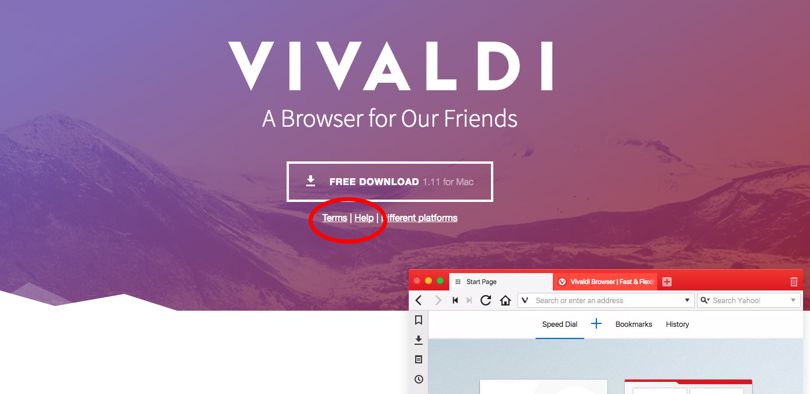I’ve worked in high tech for my entire career, and I’ve never worked at a company that had anything like this kind of non-work-related activity … it sounds much more like a university than a workplace (and I don’t mean that in a positive way):
A recent report in The Wall Street Journal chronicles the drama of a thoroughly politicized and tribal workplace at Google, where activist employee groups stage competing talks on their pet issues, and a growing number of former employees are suing the company for discrimination and bias.
The article opens with an incident that took place in January, when Ingrid Newkirk, the co-founder and president of People for the Ethical Treatment of Animals, was slated to give a presentation at the company’s Silicon Valley headquarters as part of the “Talks at Google” series.
The subject of her talk, which was organized by the “Googlers for Animals” employee group, was how animals can be subject to discrimination and bias just like people are. But another employee group, the “Black Googler Network,” understandably found the premise of the talk offensive and protested it. The talk was canceled at the last minute, as Newkirk was waiting in a parking lot outside Google.
“Such is the climate inside the tech giant, where fractious groups of employees have turned the workplace into a virtual war zone of debate over all manner of social and political beliefs,” wrote the Journal. “Google has long promoted a work culture that is more like a college campus—where loud debates and doctrinaire stances are commonplace—and today its parent, Alphabet Inc., is increasingly struggling to keep things under control.”
Welcome to Google, microcosm of America in 2018. Like nearly every facet of American life these days, Google’s workplace has become politicized, which means the company must now constantly adjudicate every offense that arises from an ever-growing roll call of the aggrieved.
Google reportedly has employee groups for every conceivable cause: “Activists at Google,” which is anti-Trump; “Militia at Google,” which is pushing for the ability to carry guns in the office; “Conservatives at Google,” which claims the company discriminates against right-leaning job candidates; and “Sex Positive at Google,” which doesn’t want explicit content removed from Google Drive file-sharing software. Like other tech companies, Google has cultivated a college atmosphere in the workplace. It seems the company has succeeded, but only in the sense that its workplace has fractured into competing identity groups.
How would anyone get any actual work done with all those competing circus acts clamouring for attention throughout the “work”day?




